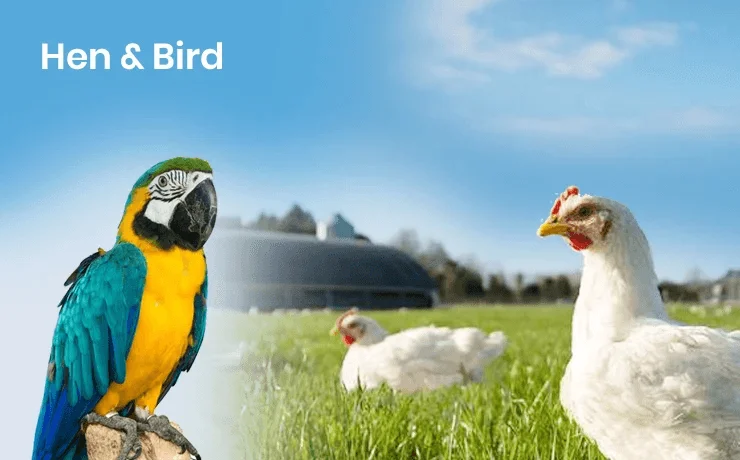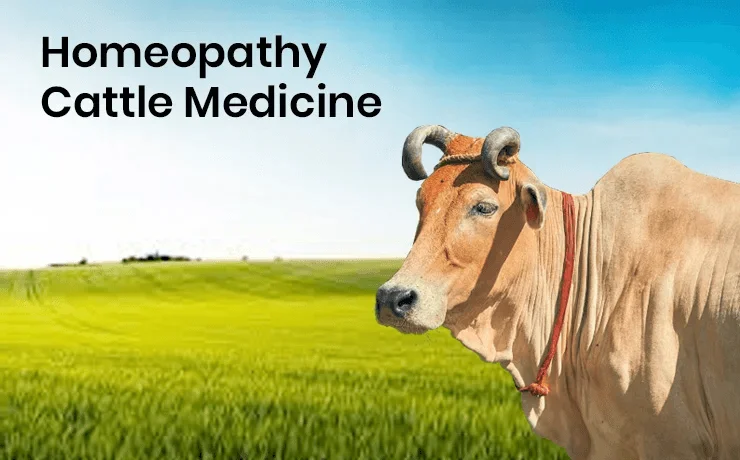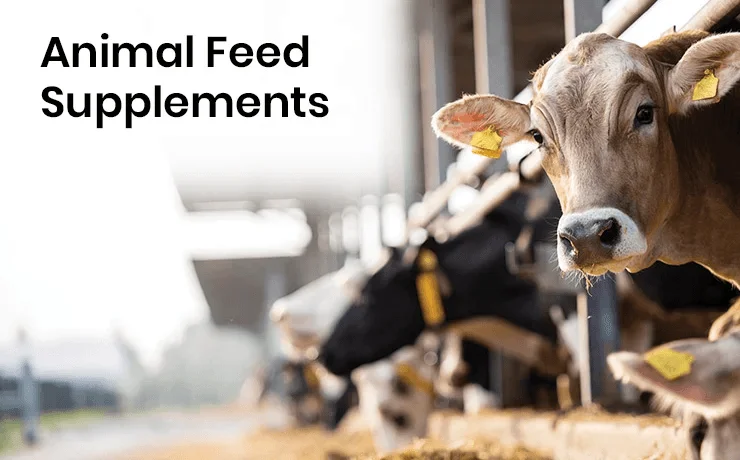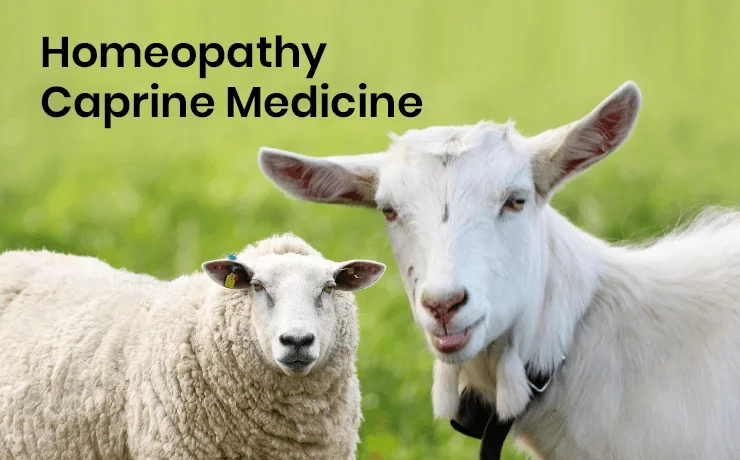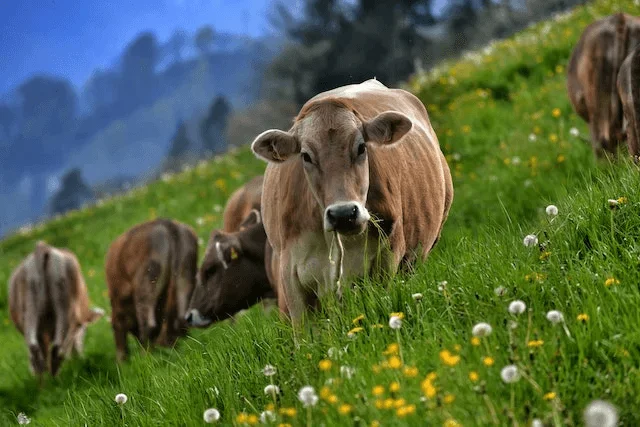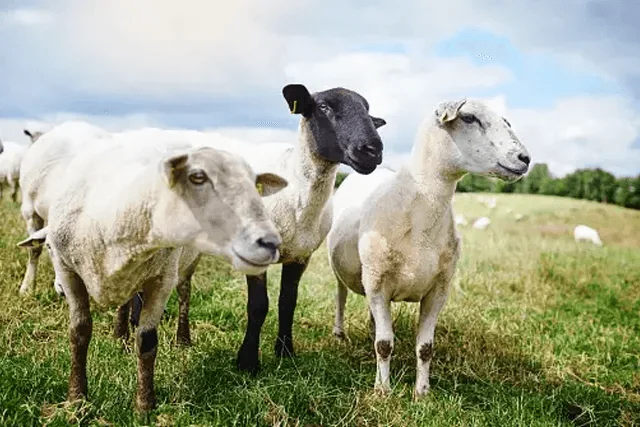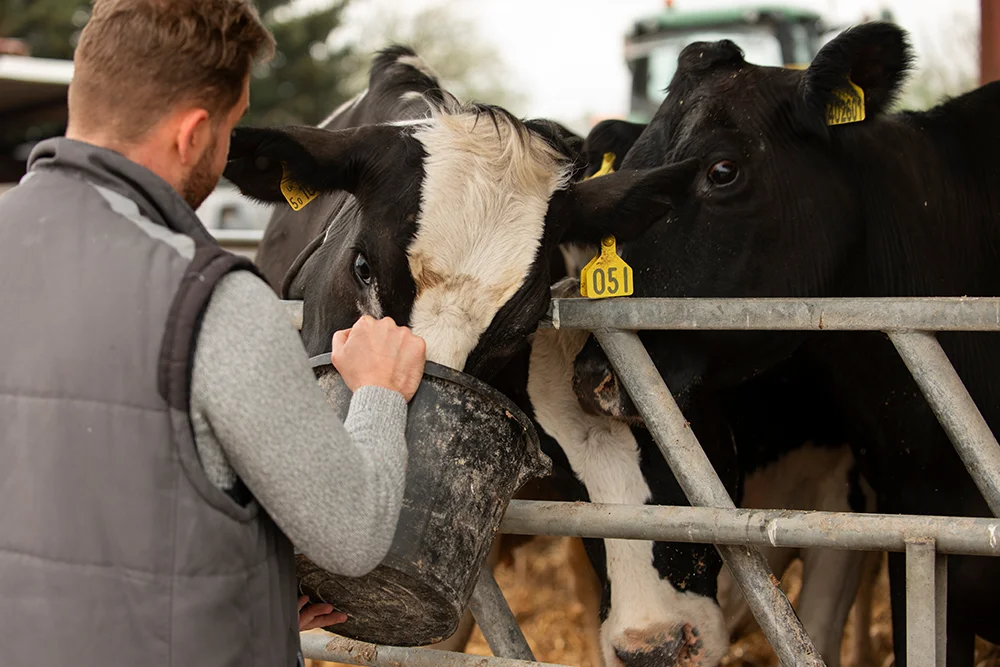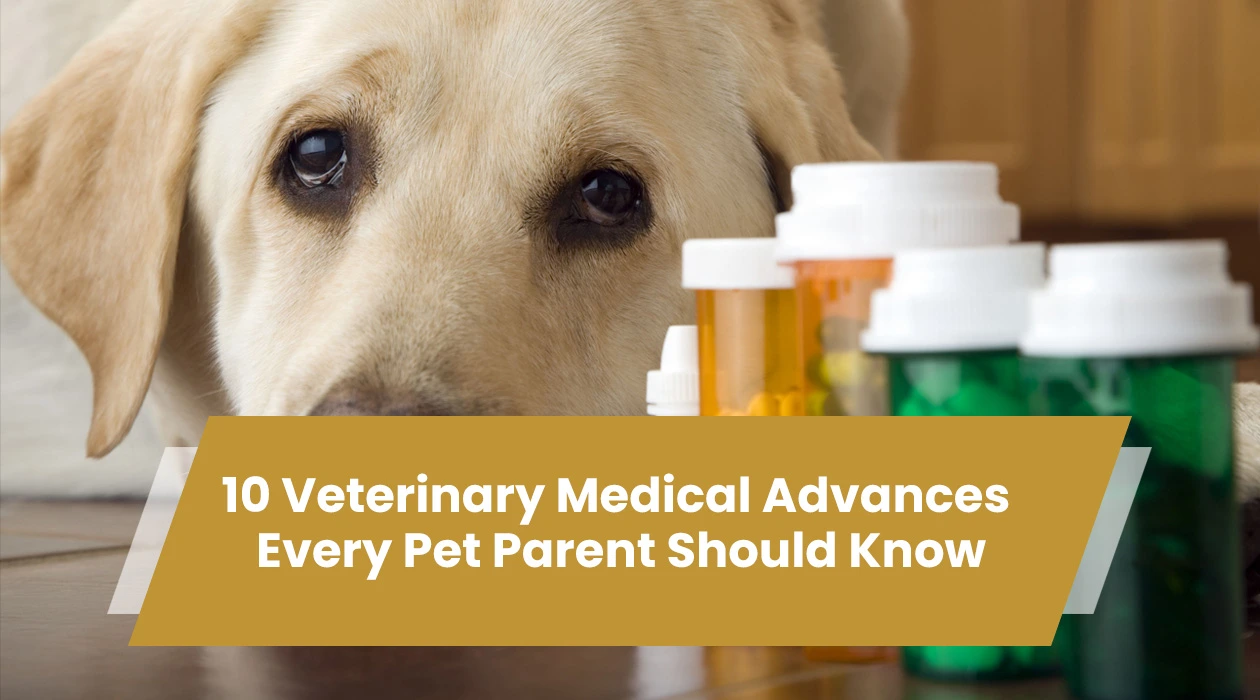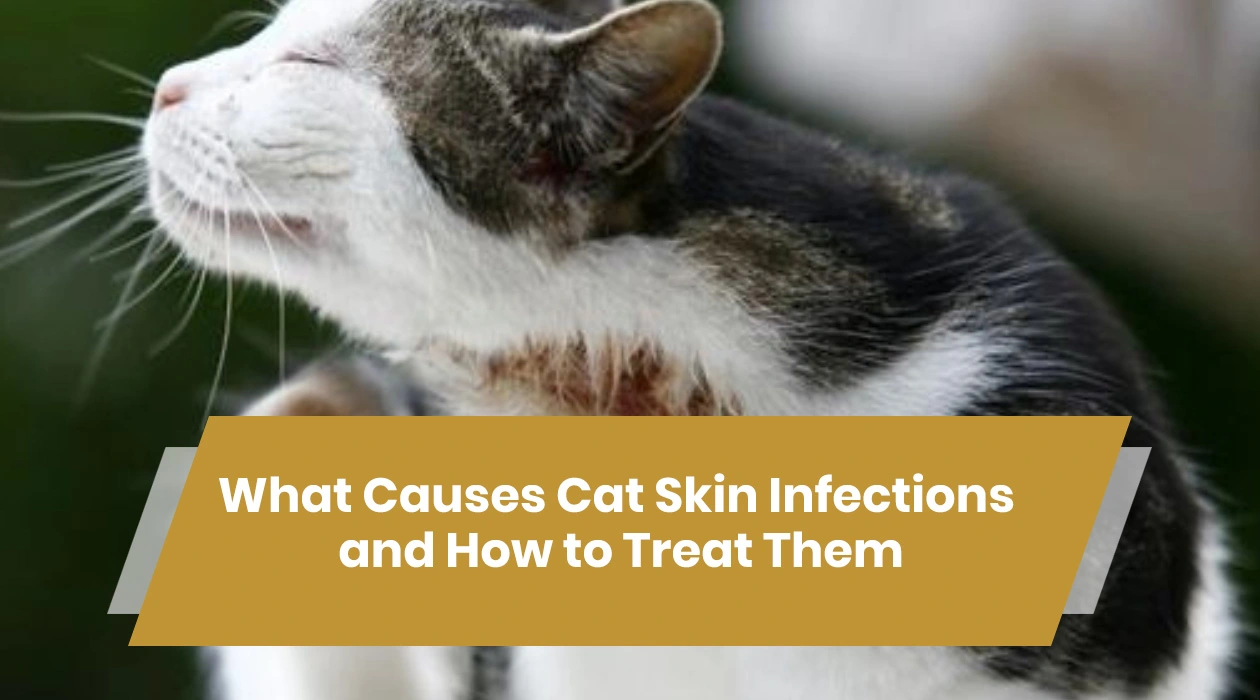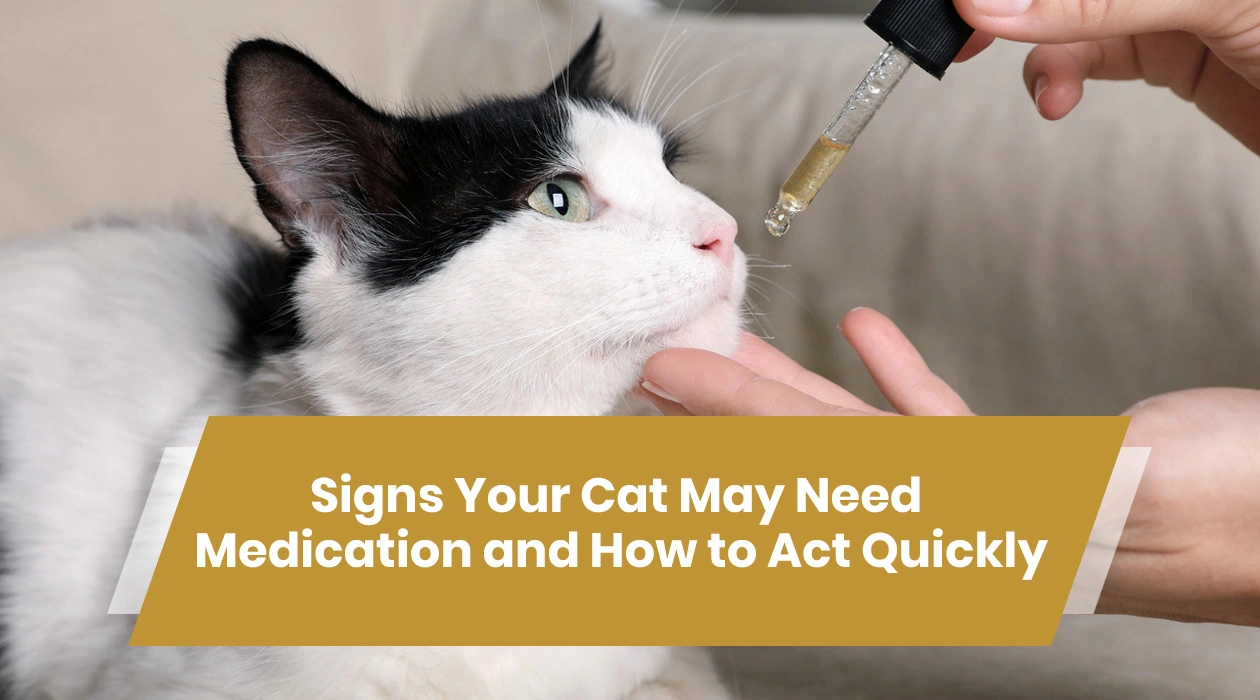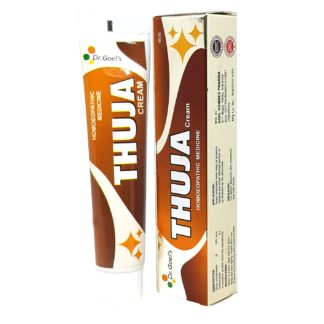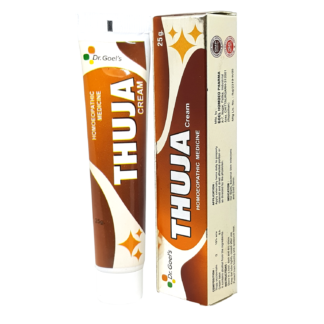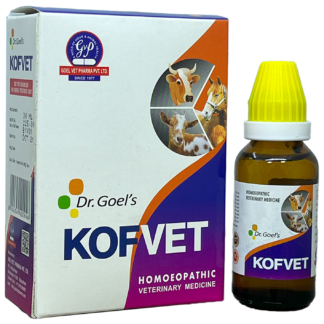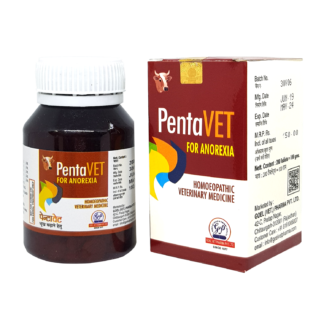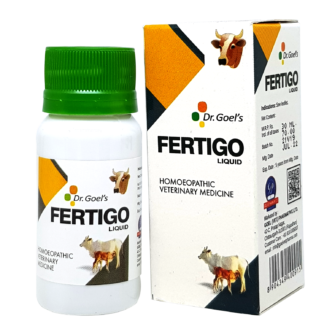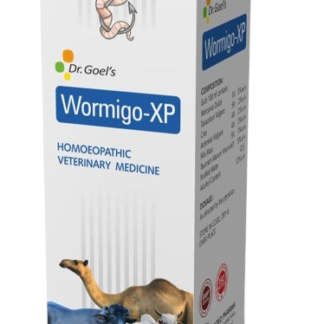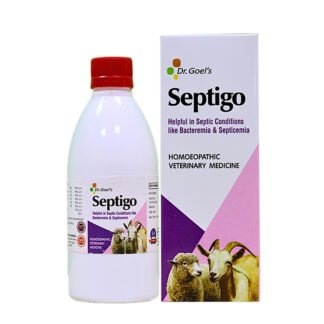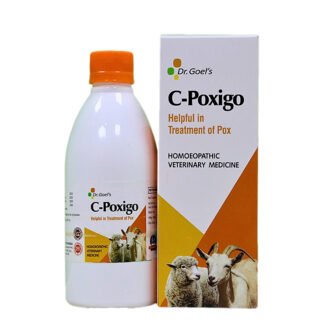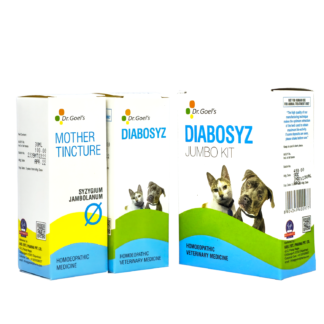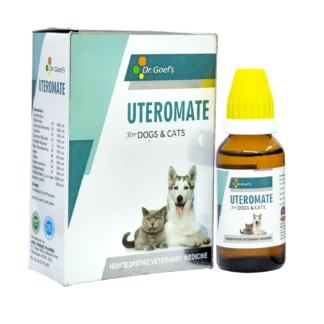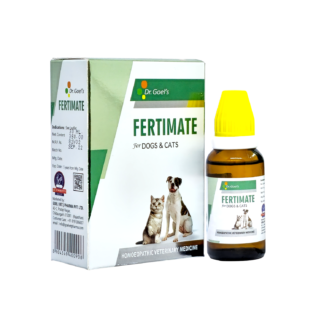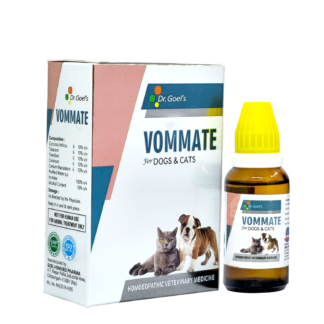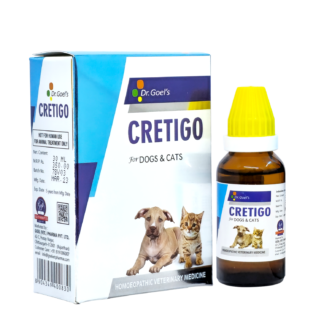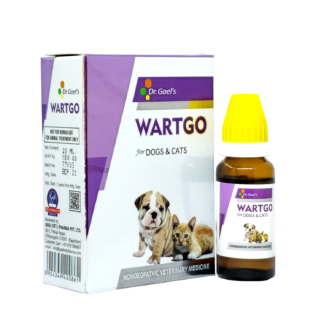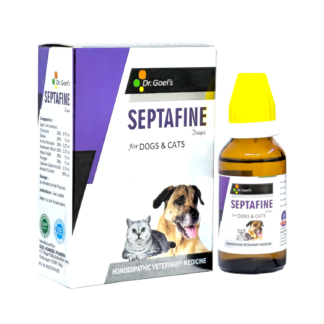When it comes to cattle production, animal health is the key success factor to consider. Nevertheless, feed supplements for cattle can help fill nutritional deficiencies when fed on a good-quality base feed. These supplements offer extra animal foods to meet a deficiency or lift performance at important times in their life cycle. There are thousands of cattle feed supplements, making it difficult to determine the best choices.
This blog is a one-stop resource that provides all the information you need and the necessary tools to decide on feed supplements for cattle. In this blog, we will look at important pointers, the various supplement categories to consider, and useful tips to ensure that you offer the best nutritional support to your herd.
Understanding Your Cattle’s Needs
A best practice in choosing the right cattle feed supplements is evaluating specific cattle breeds’ nutritional requirements. Several factors influence these needs, including:
- Age and Stage of Production: It is, therefore, important to feed calves, growing heifers, lactating cows, and finishing steers differently since they have different nutritional needs. Supplements should be made to address the particular needs of each stage.
- Breed: There could be some inherent susceptibilities or predispositions to various diseases characteristic of certain cattle breeds that can be supplemented uniquely.
- Forage Quality: The nutritional value of your cattle feed, forage, precisely determines the quality and quantity of nutrients in their diet. Determine whether a specific supplement can compensate for a lack of a certain nutrient or element in your forage.
- Environmental Conditions: Sometimes, specific weather conditions or changes in forage availability require nutritional support.
Consulting a Veterinarian or Animal Nutritionist
It is highly advised to consult a veterinarian or an animal nutritionist for professional advice and recommendations. One can seek advice from these professionals regarding the state of the herd in terms of health and the quality of the forage and even obtain expert advice on how best to supplement the nutrition of the cattle. They can help you avoid deficiencies, perform well, and select the most affordable cattle feed supplements.
Also Read Fever in Cattle: Symptoms, Causes, and Treatment
Types of Feed Supplements for Cattle
Feed Supplements for Cattle are available in many forms and are meant to cater to the animals’ various needs. Here’s a breakdown of some common categories:
- Mineral Supplements: Some mineral nutrients include calcium, phosphorus, magnesium, and zinc, which are essential for bone formation, growth, and reproduction. Lack of minerals is common, and supplementation is thus a standard practice in most cattle feeding operations.
- Vitamin Supplements: Vitamin A is involved in the immune response and vision, while vitamins D and E have antioxidant properties and are involved in a number of body functions in general. Vitamin deficiency can be destructive, and specific supplementation may be required.
- Protein Supplements: Protein is one of the macronutrients essential in the muscular tissues’ building and tissue repair processes. As a source of protein, protein supplements in the form of oilseeds or by-products are useful if consumed by growing cattle or when the requirement for protein increases.
- Energy Supplements: Energy supplements are, therefore, sources of extra calories in the form of carbohydrates or fats. They can be useful during severe winters, during calving season, or other periods when forage quality is poor.
- Rumen Modifiers: Rumen modifiers are feed supplements that enhance the running process known as fermentation within a cow’s stomach chamber. A more efficient rumen function increases nutrient intake and optimizes feed conversion.
- Probiotics and Prebiotics: Probiotics and prebiotics are live microorganisms or substances that bring or promote health benefits to cattle’s intestinal tract. These supplements are more helpful in young calves or even cattle in transition to new feeding regimes.
Choosing High-Quality Feed Supplements for Cattle
Given the wide array of cattle feed supplements today, choosing the most effective ones is necessary. Here are some key factors to consider:
- Ingredient Quality: Choose supplements that contain high-quality ingredients and have high bioavailability. It is advisable to select products from known brands that are focused on declaring their compounds and, especially, on excluding fillers.
- Guaranteed Analysis: Make sure that the supplement label claims the percentage used and that there is a guaranteed analysis that gives the nutritional facts of the supplement. This will make it easier for you to shop around and ensure that you get the product that will be most appropriate for the cattle at your disposal.
- Brand Reputation: Purchasing high-quality Feed Supplements for Cattle is preferable to companies with positive records for their products’ safety and efficacy. They must also look for recommendations on the internet and consult with their veterinarian or other cattle producers.
- Cost-Effectiveness: It is important to note the relative cost per nutrient unit of different supplements. You get what you pay for, so going for the highest-priced product does not necessarily mean it is better.
Tips for Effective Supplementation
Even after obtaining the right cattle feed supplements for your animals, it is essential to take time and feed them correctly. Here are some tips for effective supplementation:
- Follow Feeding Instructions: It is important to strictly follow the dosage the drug manufacturer prescribes. Any extra supplementation is risky to the cattle’s health, especially when it is provided beyond what they require nutritionally.
- Monitor Consumption: When using supplements, always monitor how much your cattle consume to avoid over- or underfeeding.
- Mixing and Delivery Method: Consider how the supplement is mixed and delivered to the body. Some supplements can be put directly in the feed, while others require different feeders or the top dressing method. Select an approach that allows supplement consumption by all the cattle and maximizes utilization.
- Consistency: Adhere to a regular pattern of either direct or indirect administration of supplements. Fluctuations can also negatively impact the rumen’s function and animal health.
- Monitor Animal Health: Supplements should be administered while observing the cattle’s health and general performance. It is advisable to notice changes in their state, such as an increase in the animal’s weight, an increase in milk production, changes in the animal’s coat, and overall health. In case of any adverse impacts, one should consult the veterinarian and modify the supplementation system.
The Benefits of Using Feed Supplements for Cattle
When implemented correctly, Feed Supplements for Cattle can offer a multitude of benefits, including:
- Improved Growth Rates: Supplementation can increase the supplementary consumption rates and fill the gaps, improving the growth rates in young cattle.
- Increased Milk Production: This means that supplements can afford the lactating cow some of the nutrients that would help increase milk production and improve the quality of the milk.
- Enhanced Reproductive Performance: Nutrient balancing enhances conception and reproductive efficiency in your stock.
- Boosted Immune Function: The feed supplements can also counter what can compromise the immune system, dailing the chances of the cattle getting sick.
- Improved Feed Efficiency: Supplements that promote the functionality of the rumen can explore the effective digestion of feed and increase nutrient yields, thus reducing feed costs.
Conclusion
Feed Supplements for Cattle is one of the many effective resource management tools that cattle producers can use to improve the health of their herds, the productivity of their animals, and their profitability. Therefore, by knowing your cattle, seeking advice from veterinary experts, selecting top-notch supplements, and adopting the correct feeding procedures, your animals shall access the extra nutrients they require to do well. Remember that a good supplementation program is not an expense but rather an investment into the future of your cattle enterprise.

 Australian Shepherd
Australian Shepherd Beagle
Beagle Belgium Shepherd
Belgium Shepherd Bernese Mountain Dog
Bernese Mountain Dog Border Collie
Border Collie Boxer
Boxer Bulldog
Bulldog Cavalier King Charles Spaniel
Cavalier King Charles Spaniel Chihuahua
Chihuahua Cocker Spaniel
Cocker Spaniel Dachshund
Dachshund Doberman Pinscher
Doberman Pinscher Dogo Argentino
Dogo Argentino French Bulldog
French Bulldog German Shepherd
German Shepherd Golden Retriever
Golden Retriever Great Dane
Great Dane Himalayan Shepherd
Himalayan Shepherd Indie Dogs
Indie Dogs Labrador Retriever
Labrador Retriever Pakistani Bully
Pakistani Bully Pembroke Welsh Corgi
Pembroke Welsh Corgi Pitbull
Pitbull Pomeranian
Pomeranian Poodle
Poodle Pug
Pug Rottweiler
Rottweiler Shih Tzu
Shih Tzu Siberian Husky
Siberian Husky Yorkshire Terrier
Yorkshire Terrier Australian Shepherd
Australian Shepherd Beagle
Beagle Belgium Shepherd
Belgium Shepherd Bernese Mountain Dog
Bernese Mountain Dog Border Collie
Border Collie Boxer
Boxer Bulldog
Bulldog Cavalier King Charles Spaniel
Cavalier King Charles Spaniel Chihuahua
Chihuahua Cocker Spaniel
Cocker Spaniel Dachshund
Dachshund Doberman Pinscher
Doberman Pinscher Dogo Argentino
Dogo Argentino French Bulldog
French Bulldog German Shepherd
German Shepherd Golden Retriever
Golden Retriever Great Dane
Great Dane Himalayan Shepherd
Himalayan Shepherd Indie Dogs
Indie Dogs Labrador Retriever
Labrador Retriever Pakistani Bully
Pakistani Bully Pembroke Welsh Corgi
Pembroke Welsh Corgi Pitbull
Pitbull Pomeranian
Pomeranian Poodle
Poodle Pug
Pug Rottweiler
Rottweiler Shih Tzu
Shih Tzu Siberian Husky
Siberian Husky Yorkshire Terrier
Yorkshire Terrier Abyssinian
Abyssinian American Bobtail
American Bobtail American Shorthair
American Shorthair Balinese Cat
Balinese Cat Bengal Cat
Bengal Cat Birman
Birman Bombay Cat
Bombay Cat British Longhair
British Longhair British Shorthair
British Shorthair Burmese Cat
Burmese Cat Devon Rex
Devon Rex Exotic Shorthair
Exotic Shorthair Himalayan Cat
Himalayan Cat Maine Coon
Maine Coon Oriental Shorthair
Oriental Shorthair Persian Cats
Persian Cats Ragdoll
Ragdoll Scottish Fold
Scottish Fold Siamese Cat
Siamese Cat Siberian Cat
Siberian Cat Sphynx Cat
Sphynx Cat


